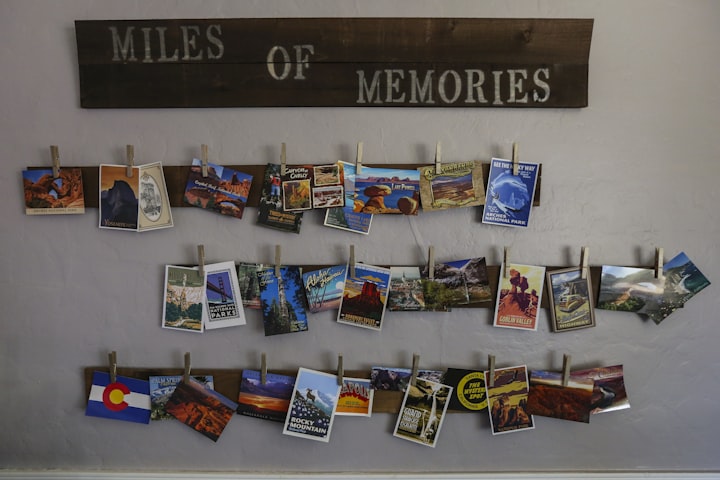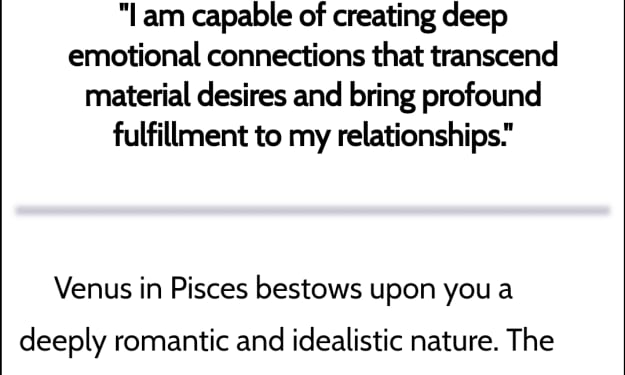Are your new Memories Replacing your old ones?
Brain and memories

Most likely, you can't recall the exact day of your birth. You most likely don't recall much from those initial years. And your entire childhood begins to become hazy as you age. Still, you're always creating new memories. which is fortunate because dementia is characterized by not doing that. The drawback is that creating space for those fresh memories could not be cheap. According to research, your old memories are being replaced by new ones.
The brain you once had is no longer the same. It continuously forms new connections and cycles new cells into the mixture. particularly in the section in charge of keeping your memories. It is referred to as the hippocampal dentate gyrus. And even as adults, it keeps growing new brain cells. much more, in fact. In the dentate gyrus, these new cells are created daily. Furthermore, the brain can more than double the percentage of new memory cells in a month when stimulated. However, these younger guys have to squeeze into a much more congested brain space as they get older.
Furthermore, it's not for what you might think. You see, the process of creating new brain cells results in a smaller total than that of replacing the preexisting old cells. It functions more as a memory cell spring cleaning or refresher. So, the addition of new cells hasn't made it any more crowded up there. We don't see elderly people with heads the size of newborn elephants, after all, to make room for ever-larger brains with ever-more cells.
Rather, it's the numerous connections that these cells have with one another that take up valuable brain real estate. Like, when you realize that eating cheese makes your stomach feel a little strange every time, is that right? As a physical link between your brain cells, that information is being stored in your brain. In the industry, there is a proverb that goes, "Cells that fire together wire together." This is how it operates: An axon is the long, narrow portion of a brain cell that connects to other cells. Furthermore, the more actions you take that mentally link two ideas, the stronger the physical bond between those brain cells gets.
In this sense, the events you go through become memories that get stronger with each passing cheese-induced tummy ache. Each time, the cells storing those emotions and memories literally fortify their bonds, increasing their capacity to transmit chemical signals. It's not a flawless system, though. You can change a memory simply by thinking back on it because you're adding the new knowledge you have now to an earlier situation. That's why it's kind of the opposite of holding onto an old memory to replace your old memory cells with new ones. The mere existence of these new cells causes the dentate gyrus's organizational structure to alter.
Newly formed dentate gyrus cells enter and begin to form their own connections. The network of connections that existed before they arrived is altered by this process. It might weaken previous connections and older memories, or it might just make them more difficult to access because of new obstacles. According to research, you can lessen the influence of older memory cells on one another by introducing new ones. For example, the smell of cheese may not immediately trigger nausea because it reroutes or blocks the specific pattern of brain cells activating one another.
You may eventually forget the original reason you began avoiding cheese and associate it again with your sophisticated palate. New memories-related connections are being formed by the newly formed memory cells. Additionally, after the old memories are gone, it becomes harder to make new ones. Thus, you can create new memories by replacing the old memory cells with new ones. or better yet, hold onto fresh memories. It turns out that everything is a memory. However, you only save a tiny percentage of them. You don't recall everything you've ever seen or experienced, after all.
And when you form new memory cells, it affects which memories you retain or discard. However, the number of new memory cells is also correlated with the number of memories lost. Research conducted on non-human mammals revealed that memory loss was correlated with an increase in the number of new cells in the hippocampus. This was the case for both adult mice, whose hippocampal cell proliferation was stimulated by exercise, such as running, and young mice, whose hippocampal cell growth was occurring spontaneously. Furthermore, young mice with deactivated new cell-making genes showed reduced forgetfulness. Apparently, the development of new memory cells causes forgetfulness.
You can only draw so much conclusions about humans from mice because these effects are not seen in other animals that do not develop as many new memory cells after birth. However, the results from the mice do appear to agree with computer models that scientists have developed of the human brain's memory storage system. "That's all well and good, but I like my older memories and I'd like to hold onto them, thank you," you may be thinking. Sure enough, some folks do that. But new memories are lost in the process.
Individuals with dementia often have smaller brain growth, which may account for some of their ability to recall deceased loved ones more vividly than those in front of them. Thus, you should count yourself fortunate if, as you get older, your recollections of your early years become less vivid. It's an indication that you're living in the now and creating new memories of today. There are trade-offs in life that sometimes require forgetting in order to remember.





Comments
There are no comments for this story
Be the first to respond and start the conversation.